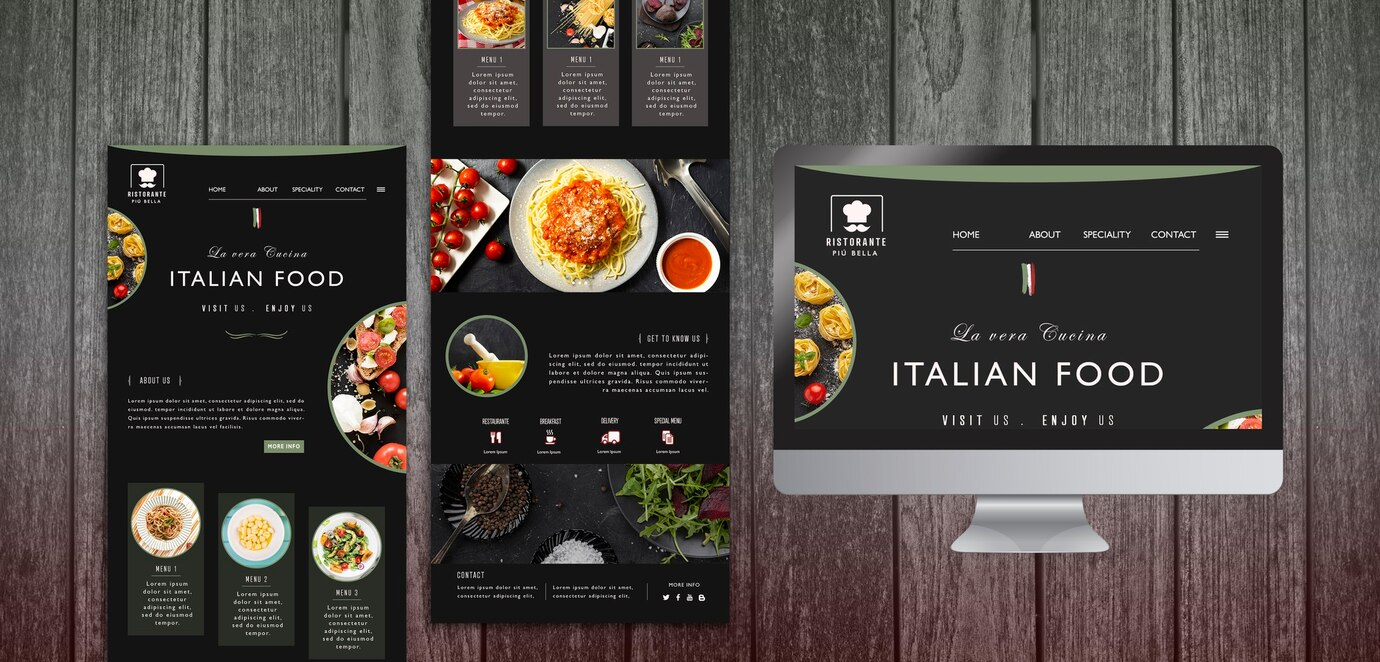Restaurant Owners: Simple Ways to Check Your Website’s Security

Running a restaurant today involves more than offering great food and excellent service—it requires managing your online presence effectively. Your website, particularly your online reservation system, has become a crucial channel for customer engagement and business growth. However, as you’ve recently discovered, the online space is not without risks. Fraudulent emails impersonating your restaurant’s booking system can severely undermine customer trust, damage your reputation, and impact your reservations.
Protecting your customers from these scams and ensuring the security of your restaurant’s website might seem complicated at first, but it doesn't have to be. This article provides simple, easy-to-implement steps you can regularly take to verify your website’s security, protect customer information, and safeguard your restaurant’s credibility and online bookings.

Why Website Security Matters for Your Restaurant
Customers trust your restaurant’s website with their personal details, including names, emails, phone numbers, and sometimes payment information. Unfortunately, cybercriminals may exploit vulnerabilities in your reservation system or website to deceive your customers or steal their information.
The consequences of poor website security for restaurants include:
-
Loss of Customer Trust: Fraudulent emails or unauthorized access significantly erode customer confidence in your business.
-
Financial Losses: Reduced bookings and potential compensation claims from affected customers.
-
Damage to Reputation: Negative reviews, word-of-mouth, and decreased online visibility following security incidents.
Regularly checking your website security is critical to protecting your business, your customers, and your reputation.
Common Cybersecurity Risks for Restaurant Websites
Understanding the potential threats can help you better defend your restaurant:
-
Phishing Scams: Fraudulent emails pretending to be from your restaurant aiming to steal customer information.
-
Unauthorized Access to Reservation Systems: Cybercriminals accessing sensitive customer data from your online reservation platform.
-
Malware Infections: Malicious software installed on your website, potentially redirecting customers or stealing information.
-
Unsecured Payment Data: If you accept online payments, unsecured transactions may expose customers’ payment details.
Simple Security Checks for Your Restaurant Website
Implement these clear, practical methods regularly to protect your website effectively:
1. Verify Your SSL Certificate (HTTPS)
SSL encryption secures customer data during online reservations:
-
Regularly confirm your SSL certificate is active and current.
-
Ensure your entire website, particularly reservation pages, consistently uses HTTPS, indicated by a browser padlock symbol.
2. Monitor and Verify Email Communications
Fraudulent emails damage customer trust:
-
Clearly communicate to customers that official emails only originate from your official domain.
-
Regularly remind customers via your website or social media to verify email authenticity by checking sender details carefully.
3. Perform Regular Malware and Vulnerability Scans
Simple online scans help detect malicious activity:
-
Regularly use easy-to-use scanners like Sucuri, VirusTotal, or Wordfence to quickly detect malware or phishing attempts.
-
Schedule scans weekly or immediately if customers report suspicious emails or website behavior.
4. Regularly Update Website Software
Outdated software is highly vulnerable to cyberattacks:
-
Regularly check and apply updates for your website’s CMS (such as WordPress, Wix, or Squarespace), plugins, reservation systems, and payment gateways.
-
Schedule weekly update checks or enable automatic updates whenever possible.
5. Ensure Secure Access to Your Reservation System
Keep administrative access strictly limited:
-
Regularly review who has access to your reservation management system and administrative accounts.
-
Remove or disable accounts for former employees immediately.
-
Enable Two-Factor Authentication (2FA) on your reservation platform and email accounts.
6. Backup Your Website Regularly
Backups ensure fast recovery after security incidents:
-
Schedule regular automatic backups (daily or weekly) of your website and reservation data.
-
Store backups securely off-site or in cloud storage services like Google Drive, Dropbox, or dedicated backup platforms.
Additional Easy Security Practices to Protect Your Customers
These additional methods further protect your restaurant’s online presence:
Clearly Communicate With Customers
Transparency is key to maintaining trust:
-
Regularly remind customers through newsletters or social media that your restaurant never requests sensitive information via email or unsolicited communications.
-
Publish clear notices on your website explaining how customers can identify genuine communications from your restaurant.
Use Reputable Online Reservation Platforms
Choose trusted third-party reservation platforms with robust security:
-
Partner with well-known, reputable platforms known for strong security measures.
-
Regularly verify their security certifications and compliance with data protection standards.
Train Your Staff on Security Awareness
Basic security training for your employees reduces risks:
-
Regularly educate your team to recognize phishing attempts or fraudulent reservation requests.
-
Train staff to promptly alert you if customers report suspicious activity.
Responding Swiftly to Security Incidents
If your restaurant encounters fraudulent emails or suspicious website activity, follow these immediate steps:
-
Alert Customers Immediately: Clearly communicate to customers about the situation, reassuring them of your prompt action and commitment to resolving the issue.
-
Contact Your Website and Reservation System Provider: Seek immediate assistance to identify the source of the issue and rectify it quickly.
-
Update Passwords and Security Measures: Change all relevant passwords immediately and enhance your security practices.
-
Restore from Backups if Necessary: If your website or reservation system is compromised, promptly restore from recent secure backups.
Maintaining Customer Trust After an Incident
Transparency helps rebuild confidence quickly:
-
Publicly communicate what steps you have taken to resolve the incident.
-
Clearly outline new measures or security enhancements to reassure customers.
-
Regularly reinforce your commitment to customer security through visible messages on your website and reservation pages.
Final Thoughts:
Your restaurant’s reputation hinges on customer trust and satisfaction. While your online reservation system offers convenience and efficiency, it also requires proactive security measures to prevent scams and protect customer data. Fortunately, safeguarding your website doesn’t need to be complex. By regularly conducting simple security checks and practicing clear, transparent communication, you can effectively protect your customers from fraudulent activities and safeguard your business’s credibility.
Incorporate these easy security methods into your regular operational routine, and you’ll confidently protect your restaurant’s online bookings and maintain a positive reputation among your loyal customers.


Subscribe to follow product news, latest in technology, solutions, and updates
บทความอื่นๆ



Let’s build digital products that are simply awesome !
We will get back to you within 24 hours!ติดต่อเรา Please tell us your ideas.
Please tell us your ideas.







